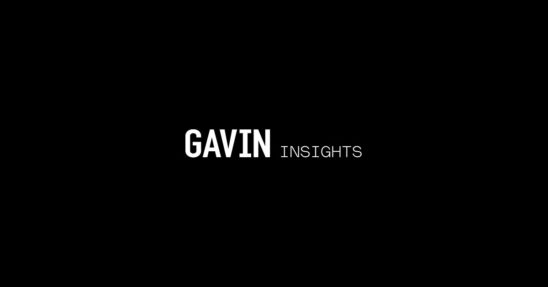BIG GAINS & BIG BLOW UPS

One-Year Equity Performance Overshadows Bond Losses – It is difficult to pry one’s eyes away from the one-year equity performance as the year-over-year laps the near bottom that formed in March 2020. The liquidity induced surge that began last April continued into the first quarter of 2021. With the markets focused on a re-opening of the economy, the impressive vaccine roll-out in the United States helped to push indices higher. Commodities and commodity-linked companies have been generating outsized returns over the last few quarters. Lumber, in particular, continues to make new all-time highs as the influx of first-time homebuyers combined with lower mortgages rates have overwhelmed supply.
Interest rates in the United States rose roughly 76 basis points (0.76%) during the quarter. Strong economic data and supportive monetary regimes from the big three Central Banks lifted long-dated bond yields globally.

When Crowded Trades Go Bust – Grabbing headlines early in the quarter, the GameStop saga highlighted the repercussions of one-sided, leveraged trades. The fact that many retail traders benefitted from the short squeeze, at the expense of Wall Street professionals, sits well with us. Melvin Capital was at the centre of the GameStop saga and it required a $2.8 billion bailout to survive its reckless use of leverage. Overuse of leverage also played a roll in the forced liquidation of Archegos Capital Management.
GameStop is a specialty electronic hardware and software retailer. With the shift to online gaming, fundamentals were declining for nearly 10 years. The COVID pandemic forced a large portion of their locations to shutdown and it placed the company’s balance sheet into question. However, these factors should have been recognized as “known-knowns”. Formerly a $60 stock, the price traded below $4, short interest was at 150% and the valuation was 3.5x normalized earnings.
However, the company’s fundamentals showed improvements due to a normal course cyclical rebound. Additionally, the board received a face lift, activists intervened and a strategy shift induced more optimism. Nevertheless, professional investors continued to borrow more shares than were available to sell short. Once the price began moving higher, a tidal wave of short-covering (buying back the shares that were borrowed) occurred as GameStop moved from $14 a share in December to over $300 at the end of January. The lack of due diligence and adherence to basic investing guidelines leaves us searching for a reason to show compassion for those on the wrong side of this position.
GameStop is a clear example of focusing only on price action and ignoring shifting fundamentals. The obviousness of it is embedded in the most often repeated rule of short selling – “avoid crowded shorts”. Conversely, for long-only investors, there is no single measuring stick for over-crowded ownership of a stock. However, the Archegos Capital’s liquidation helps explain the perils of over exposure.
Archegos was a $20 billion fund that borrowed heavily and took big, concentrated positions in companies. One of its largest holdings was Viacom. Shares of Viacom tripled in the first two and a half months of the year. However, Viacom’s stock started to weaken at the same time as other significant holdings, including Baidu and Farfetch. The fund had multiple lenders who were apparently unaware of its leverage, which was reportedly 4-times. When the underlying stocks started falling, the lenders began selling massive blocks of shares, which accelerated the losses. The forced liquidation caused Archegos to collapse and it hacked-off approximately $35 billion of value from several US media and Chinese firms in one day.
The early cracks that often appear near the end of a bull market run are starting to pile up. Melvin and Archegos may seem somewhat isolated but we can also point to the Wirecard and Greensill bankruptcies in Europe. These are all very reminiscent of past scandals that marked prior peaks. While we maintain an allocation to growth assets that is near the mid-point of its range, we anticipate that suitable risk-adjusted returns will not be achieved without bumps, ruts and potholes along the way. Accordingly, we are employing more private assets to gain alternative sources of income, diversification, and excess returns. Click the link to download the pdf version. >








